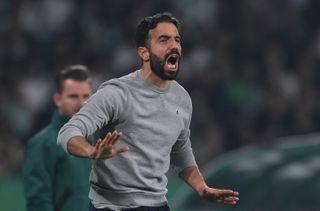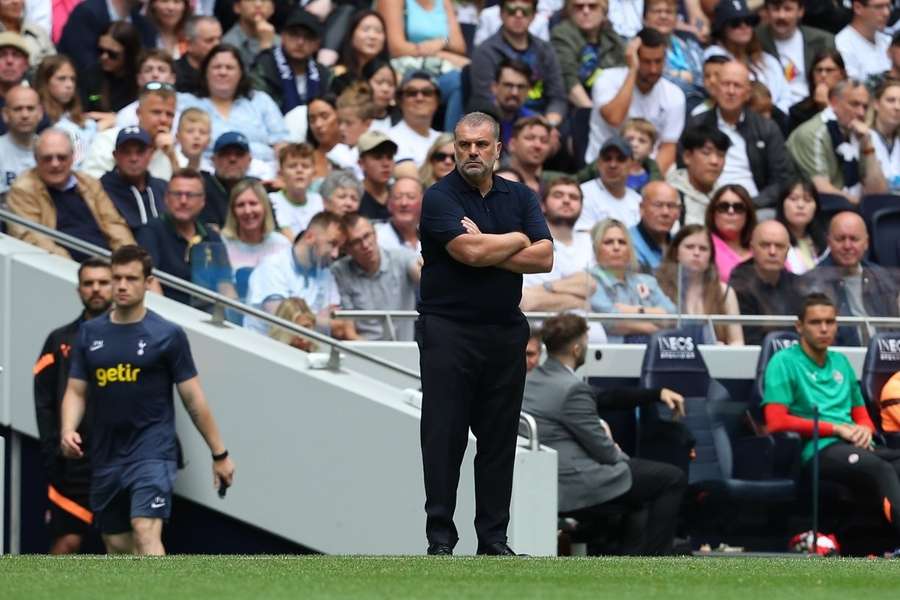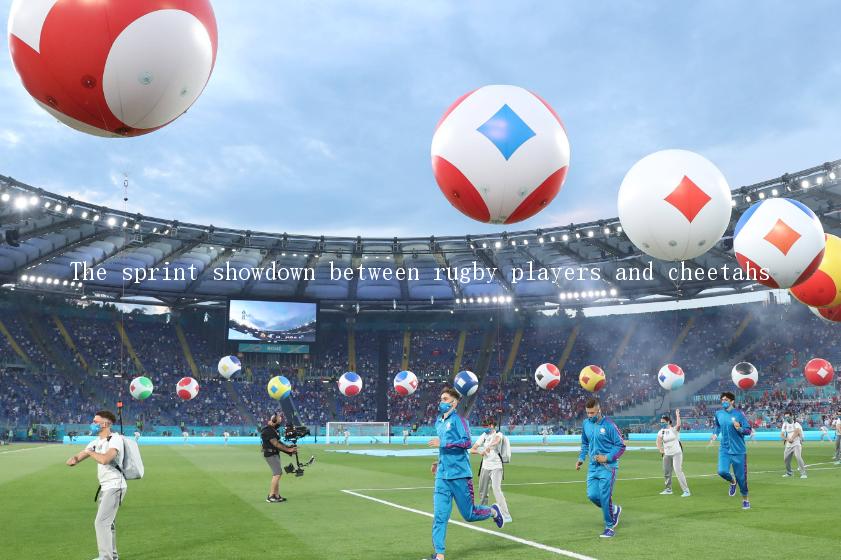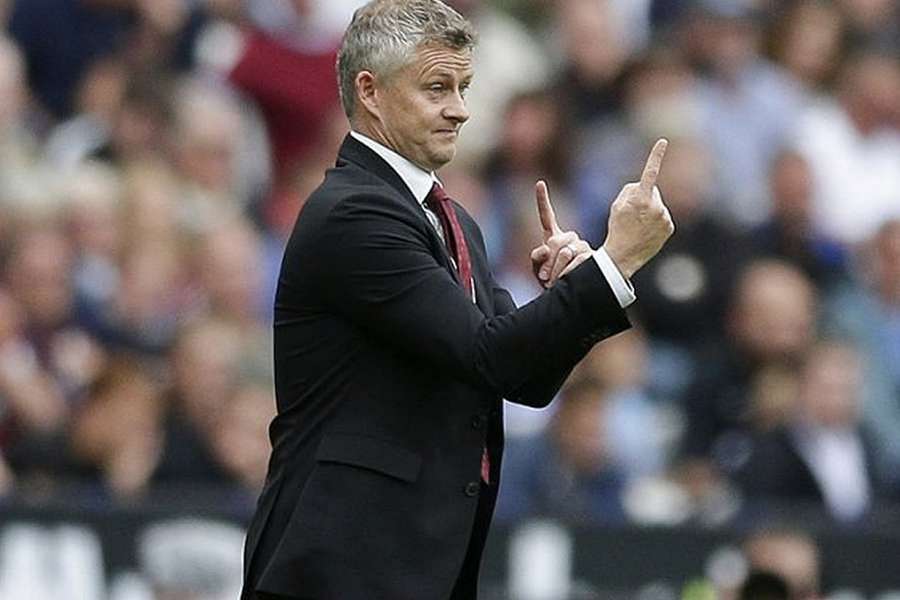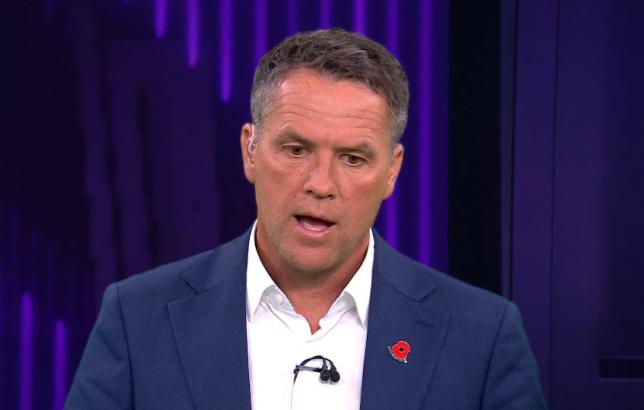Ten sentences for football coaches to evaluate players
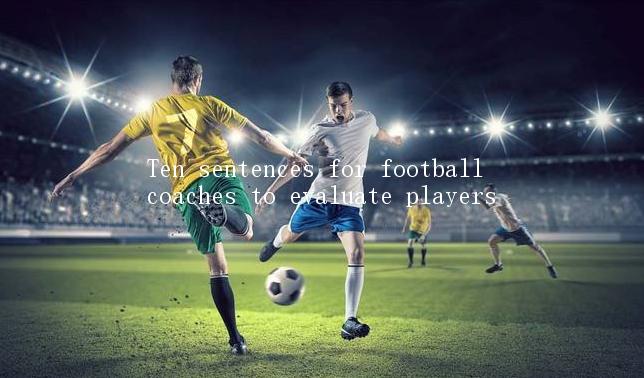
Football coaches have many key points and skills in evaluating players 'practical exercises. The following are ten practical guidelines for evaluating players:
1. Observe the basic skills of the players. An excellent football player must have good basic skills, including ball control, passing, shooting, etc. Observing whether a player's basic skills are solid is the first step in evaluating his practical ability.
2. Pay attention to the physical fitness of the players. Physical fitness directly affects a player's explosive power and endurance on the court, such as fast starting, flexible turning, etc. Reasonable physical fitness is an important guarantee for a player to have a higher practical level.
3. Pay attention to the players 'awareness and judgment. An excellent football player must have good awareness and judgment, and be able to make correct decisions in a timely manner on the court. By observing the players 'awareness and judgment ability during the game, we can understand their practical level.
4. Care about the team spirit of the players. Football is a team game, and cooperation and cooperation ability are important indicators to evaluate a player's practical ability. By observing whether players actively participate in team cooperation during the game, we can evaluate the highlights and shortcomings of their practical ability.
5. Assess players 'leadership skills. An excellent player must not only have good practical skills, but also have leadership skills. Observing whether players can take the lead in the game and inspire and lead teammates to victory is an important aspect of evaluating their practical ability.
6. Focus on the adaptability of players. The football competition environment is changeable and players must be able to adapt to various venues and climatic conditions. By observing the performance of players in different venues and climate conditions, we can evaluate whether their practical abilities are comprehensive.
7. Pay attention to the psychological quality of players. The pressures and difficulties faced in football games require players to have good psychological qualities to cope with. By observing whether players maintain a good mentality and self-confidence during the game, we can evaluate the stability and reliability of their practical ability.
8. Assess players 'tactical awareness. Tactical arrangements in football matches are crucial to the cultivation of players 'practical abilities. Observing whether players can reasonably use tactics and cooperate with teammates during the game can assess their tactical level of practical ability.
9. Examine the competitive mentality of players. Football is a very competitive sport, and players need to have a strong sense of competition in the game. Observe whether players have the competitive mentality of not being afraid of difficulties and moving forward bravely in the game, and we can evaluate their competitive level of practical ability.
10. Focus on the players 'potential for progress. Evaluating a player's practical ability depends not only on his current performance, but also on his potential for future progress. By observing whether players can continue to improve their practical level, we can evaluate their potential and development direction.
RELATED STORIES


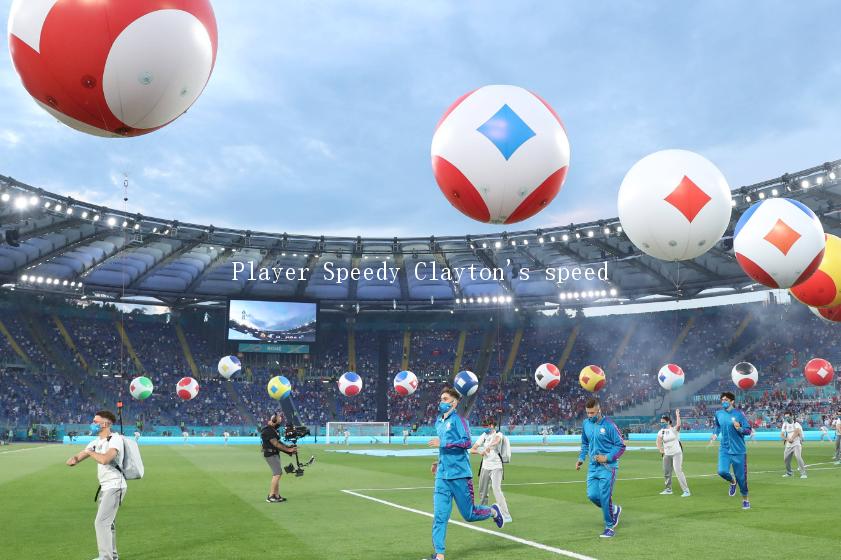
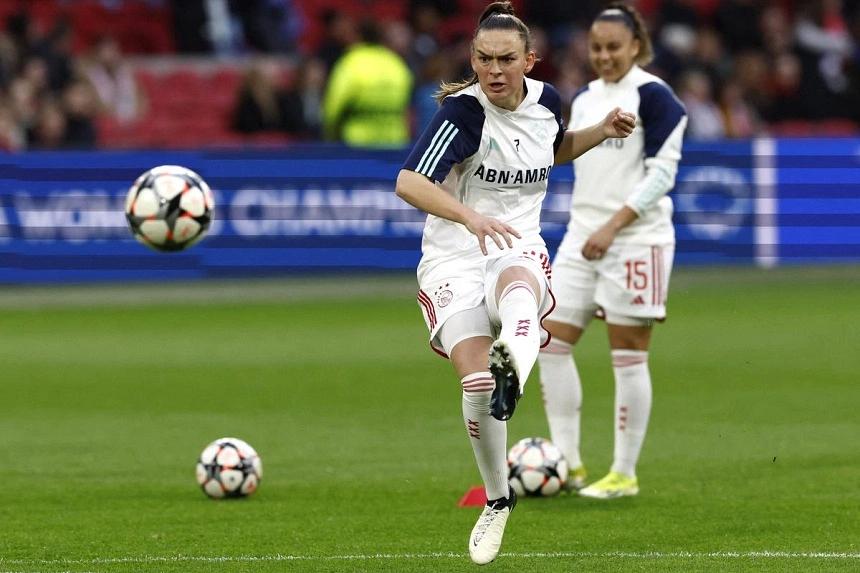
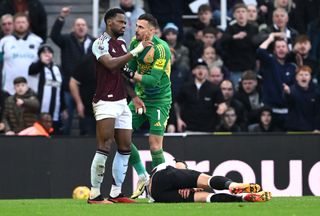

LATEST NEWS
